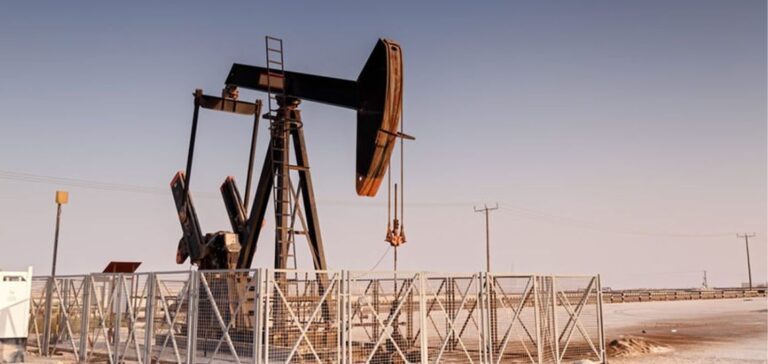Asian crude oil imports remained strong in March, led by China and India, which offset weaker demand from some other buyers in the region.
Strong demand recovery in China supports Asian crude imports
According to Refinitiv Oil Research, total crude imports in March were estimated at 116.73 million tons, or the equivalent of 27.60 million barrels per day (bpd), up nearly 4% from 112.32 million tons in February.
However, this represents a decrease of 6.1% per day from February’s 29.4 million b/d and is also lower than January’s 29.13 million b/d. Despite lower daily imports in March, the first three months of 2023 were stronger than every month of 2022 except November, when Asian crude imports were 29.10 million b/d.
The data supports the bullish narrative in oil markets, which has focused on a strong recovery in demand in China, which is the world’s largest importer of crude after the strict zero COVID-19 policy late last year.
China’s March imports were estimated at a four-month high, reaching 49.26 million tons, equivalent to 11.65 million b/d, nearly 1 million b/d higher than February’s 10.66 million b/d. Saudi Arabia regained its position as China’s largest supplier, with a 16.4% share, overtaking Russia at 16.1%. India’s crude imports hit an 11-month high in March at 21.23 million tons, or about 5.02 million b/d, with Russia supplying 34% of the total, or 7.29 million tons, a sixth consecutive record. However, India also bought about 400,000 tons of ESPO crude loaded in the Pacific in March, leading China to import 1.56 million tons of Urals, a record volume of this grade.
Concerns and worries remain about the irregularity of the application
While China and India continue to drive crude imports into Asia, Russia’s growing share raises questions about the impact on other suppliers and their reduced demand. Japan’s crude imports in March were the lowest since June 2022, and reduced refinery utilization and oil inventory consumption suggest weak demand in Japan. Refineries are concerned about high prices. Arrivals in South Korea reached a record 3.33 million b/d, and imports into Singapore were also strong.
However, arrivals in the rest of Asia outside the top six importers fell to 12.87 million tons in March from 14.36 million in February, suggesting weakness in much of Southeast Asia and South Asia outside India.
Overall, Asia’s crude imports in the first quarter of 2023 were strong, driven by China and India. However, concerns remain about the impact on other suppliers, as well as the weakness of some parts of the region.






















